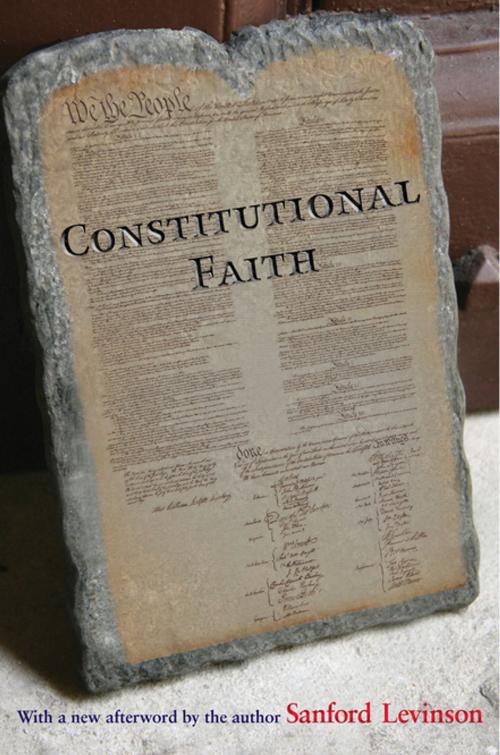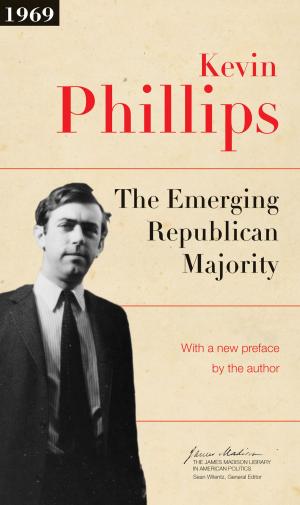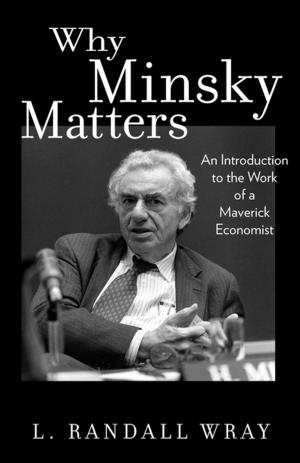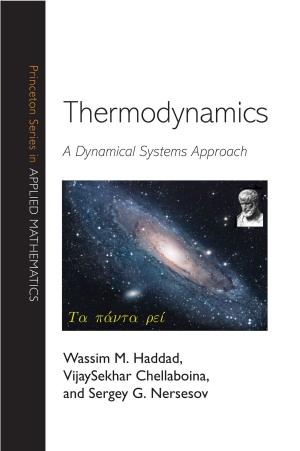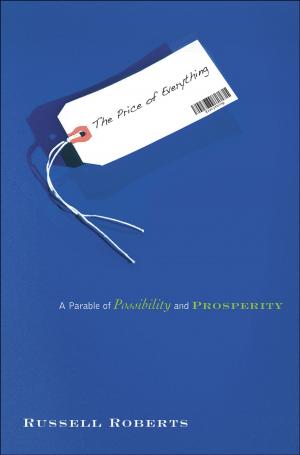Constitutional Faith
Nonfiction, Reference & Language, Law, Constitutional, History, Americas, United States, Social & Cultural Studies, Political Science| Author: | Sanford Levinson | ISBN: | 9781400839872 |
| Publisher: | Princeton University Press | Publication: | August 22, 2011 |
| Imprint: | Princeton University Press | Language: | English |
| Author: | Sanford Levinson |
| ISBN: | 9781400839872 |
| Publisher: | Princeton University Press |
| Publication: | August 22, 2011 |
| Imprint: | Princeton University Press |
| Language: | English |
This book examines the "constitutional faith" that has, since 1788, been a central component of American "civil religion." By taking seriously the parallel between wholehearted acceptance of the Constitution and religious faith, Sanford Levinson opens up a host of intriguing questions about what it means to be American. While some view the Constitution as the central component of an American religion that serves to unite the social order, Levinson maintains that its sacred role can result in conflict, fragmentation, and even war. To Levinson, the Constitution's value lies in the realm of the discourse it sustains: a uniquely American form of political rhetoric that allows citizens to grapple with every important public issue imaginable.
In a new afterword, Levinson looks at the deepening of constitutional worship and attributes the current widespread frustrations with the government to the static nature of the Constitution.
This book examines the "constitutional faith" that has, since 1788, been a central component of American "civil religion." By taking seriously the parallel between wholehearted acceptance of the Constitution and religious faith, Sanford Levinson opens up a host of intriguing questions about what it means to be American. While some view the Constitution as the central component of an American religion that serves to unite the social order, Levinson maintains that its sacred role can result in conflict, fragmentation, and even war. To Levinson, the Constitution's value lies in the realm of the discourse it sustains: a uniquely American form of political rhetoric that allows citizens to grapple with every important public issue imaginable.
In a new afterword, Levinson looks at the deepening of constitutional worship and attributes the current widespread frustrations with the government to the static nature of the Constitution.
